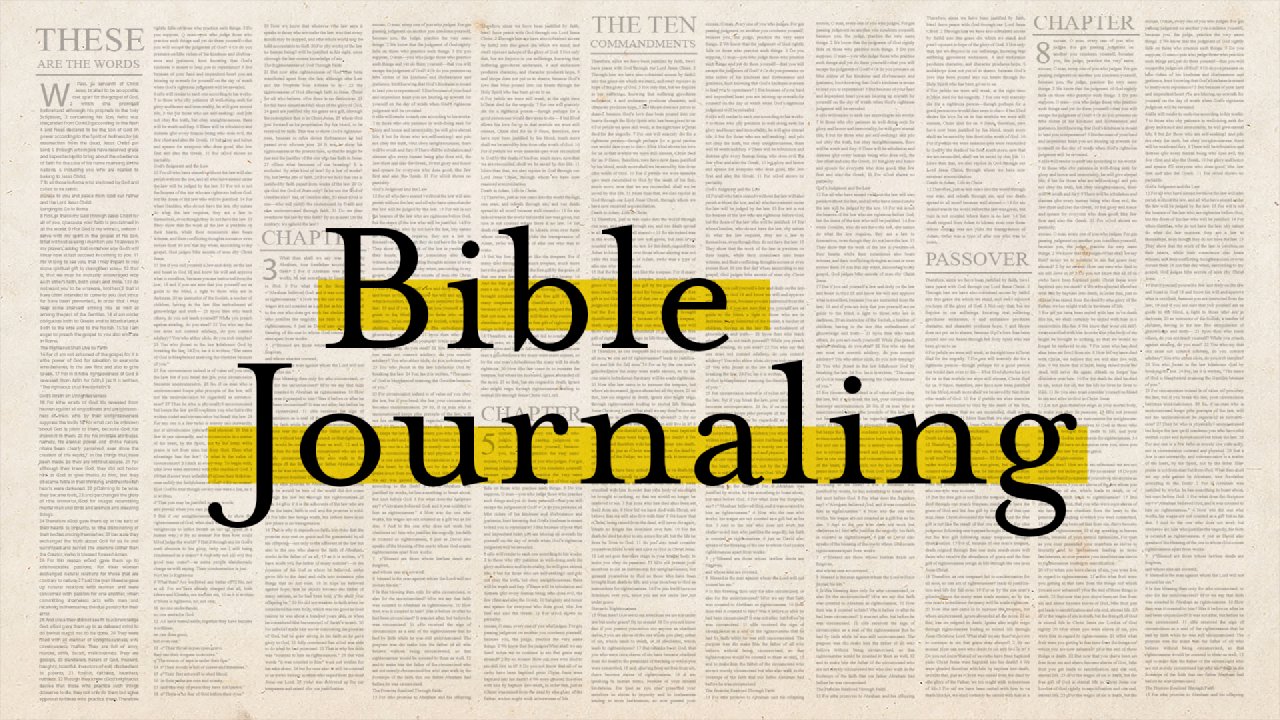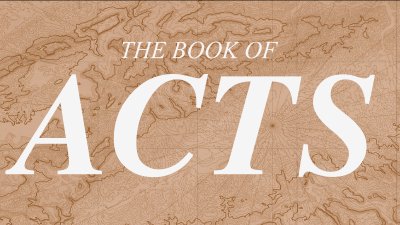All world events – even the decisions of its highest human officials/authorities, are being used by God to accomplish His purposes in relation to His people (2:1-6 w/Mat 2:6 and Mic 5:2; See also Pro 21:1).
Following the medical wisdom of our day is a part of how we trust God and recognize His sovereignty in our present world (2:7 – “swaddling cloths” = strips of cloth wrapped around the baby’s body to ensure proper growth/sleep).
The gospel (or “good news”) of salvation through Jesus Christ “the Lord” – or “peace” w/God is something those legitimately seeking to be right w/God: 1) never run away from in “fear”(2:8-14), 2) immediately make “haste” to discover, treating everything else as secondary (e.g. the shepherds’ flock) (2:15-16), 3) impactfully share w/others (2:17-19), 4) receive w/great joy and thankfulness (2:20).
God’s peace is only “among those with whom He is pleased” (2:14).
Dedicating/raising your child unto the Lord means by being obedient to “do for Him (or “perform everything”) according to the custom of the Law (“of the Lord”)” (2:21-24, 27, 39, 41).
“Jesus grew up in a family that meticulously observed the law of Moses . No fewer than five times…Luke tells the reader that they did everything required in the Law…The firstborn son dedicated to God could be redeemed for five shekels (Num 18:15-16). Nothing is said by Luke about the family redeeming the child from his ‘belongs to God’ status. Jesus is therefore like Samuel, who was dedicated to God…” – F.B. Craddock
If penal substitution is true (atonement = punishment), then Mary was punished for giving birth to Jesus (2:24 w/Lev 12:8).
An important key to growing in spiritual “wisdom” and “favor with God” is spending time in God’s “temple” among her “teachers” (2:22-39 w/40; 2:41-51 w/52).
“Jesus’ own nurture in His tradition prepared Him to oppose flawed and hollow practices in the name of the law of Moses.” – F.B. Craddock
God’s plan thru Jesus has always: 1) been primarily for “His servant Israel…in remembrance of His mercy…to Abraham and to his offspring forever” (1:54-55)… “to give knowledge of salvation to His people in the forgiveness of their sins” (1:77)…“for glory to (His) people Israel”(2:32b) – i.e. it is Judaism 2.0, 2) included the Gentiles (non-Jews) (2:32a w/ w/Isa 42:6, 49:6, 52:10, 60:3) – i.e. they are encouraged to become a part of this new Judaism (Eph 2:11-13), 3) anticipated it would cause major tension/division w/in the (so-called) covenant community and between family members (2:33-35; Mat 10:34-37).
Like Jesus: 1) Our attitude sb “Did you not know I must be in My Father’s house?” (when it comes to going to church) (2:49).
Like Jesus, it sb harder to leave church than go to church (2:51a).
Godly mothers treasure their kids spiritual accomplishments far more than other accomplishments in life (2:19, 51b).
John the Baptist preached repentance as: 1) the prerequisite to seeing “the salvation of God” (3:1-6), 2) a warning to those embracing easy-believism (3:7-9), 3) a commitment to mercy (3:10-11), justice (3:12-13), faithfulness (3:14) (Mat 23:23), 4) easy in comparison to what wb demanded by Jesus (3:15-17; Act 2:38 and Gal 5:16 w/Mar 9:49-50), 5) part of His gospel (“good news”) message (3:18).
Those who Jesus considers His best preachers boldly confront those who consider themselves Christians yet live in sin (3:19-20).
Like all God’s legitimate priests/teaching-pastors, Jesus’ ministry included: 1) bearing the sins of His people (3:21 w/Lev 16:21; Isa 53:4, 11), 2) being anointed/ordained with the authority of the Holy Spirit (3:22 w/Exo 29 and Lev 8 and Isa 66:21), 3) being the proper age (i.e. age at which He had completed His theological training) (3:23a), 4) being in the family of God (3:23b-38; for us, this means making sure those serving as our teaching-pastors are truly Christians and not just men who have received theological training – e.g. MDiv).
Like the goat of Azazel, Jesus bore/took our sins to the dumping ground in the “wilderness” (i.e. domain of Satan) (3:21 w/4:1-2 w/Lev 16:10, 21-22; 1Jo 5:19; Mar 9:47-48).
Fasting (“eating nothing” or little) makes you “hungry”. That’s the point (we grow in self-control – i.e. in our ability to resist temptation, only when there is pain involved). Hence the statement, “no pain, no gain”(4:2).
The godly desires of: 1) provision (4:1-4), 2) protection (4:5-8) and 3) purpose (4:9-12) are often the things Satan attempts to use to destroy our walk w/God by tempting us to possess them on our terms (or in our timing) rather than God’s (4:3, 6-7, 9-11).
Jesus triumphed over Satan in the same way we can: by demonstrating our greatest desire to be obedience to God/God’s way (4:13; 1Pe 5:9).
Enduring and passing the painful tests God puts in your life is the way to gain Holy Spirit power for living and great respect from others (4:14-15).
Lord.Before.Savior (4:16-30 = Jesus was unwilling to grant the deliverance/promises of Isaiah 61 [17-21] to His own people. Though they spoke “gracious words” about Him [22], Their hearts were rebellious to Him. Hence the reason Jesus states, “no prophet is acceptable in His hometown” and His mention of passing such deliverance/promises on to the Gentiles [vv25-27] is met w/murderous “wrath” [28-29]).
Flattery ≠ Faithfulness (4:22-24).
People in the covenant community can be demon possessed (4:31-37).
When a man possesses the “authority” of God’s Holy Spirit and Word, he possesses the “power” to purge/protect God’s people from the forces of evil (4:31-41; 39 – “rebuked the fever” = Implies its origins were demonic).
The primary “purpose” (or focus) of the pastor’s time must be protected from becoming something other than gospel/kingdom oriented “preach(ing)” in (and to) the covenant community (4:42-44; Act 6:1-4).
The intimidation that comes from exposure to God’s power (in His Word/work/servants) is meant to cause us to: 1) confess our sins/unfaithfulness (5:1-10a), 2) commit ourselves more fully to Christ than ever before (10b-11).
Atonement has to do w/justification/spiritual cleansing (i.e. making someone spiritually “clean” before God) not justice (punishing someone for what they have done) (5:12-16).
Those “Pharisees…teachers of the law…and scribes” condemned by Jesus: 1) did not believe in a works-based salvation. Rather they condemned it (5:17-26), 2) were hypocrites practicing sin yet acting as though they were holy/practicing righteousness (5:27-32; Mat 23:28), 3) cared nothing about reaching the lost (5:30-32; Mat 9:13).
The rule, “context determines usage and meaning” is vital to discerning literature and life (5:33-39).

Journaling: Luke 2-5
February 23, 2020 • R. Scott Jarrett • Luke 2, Luke 3, Luke 4, Luke 5
More from
Bible Journaling





